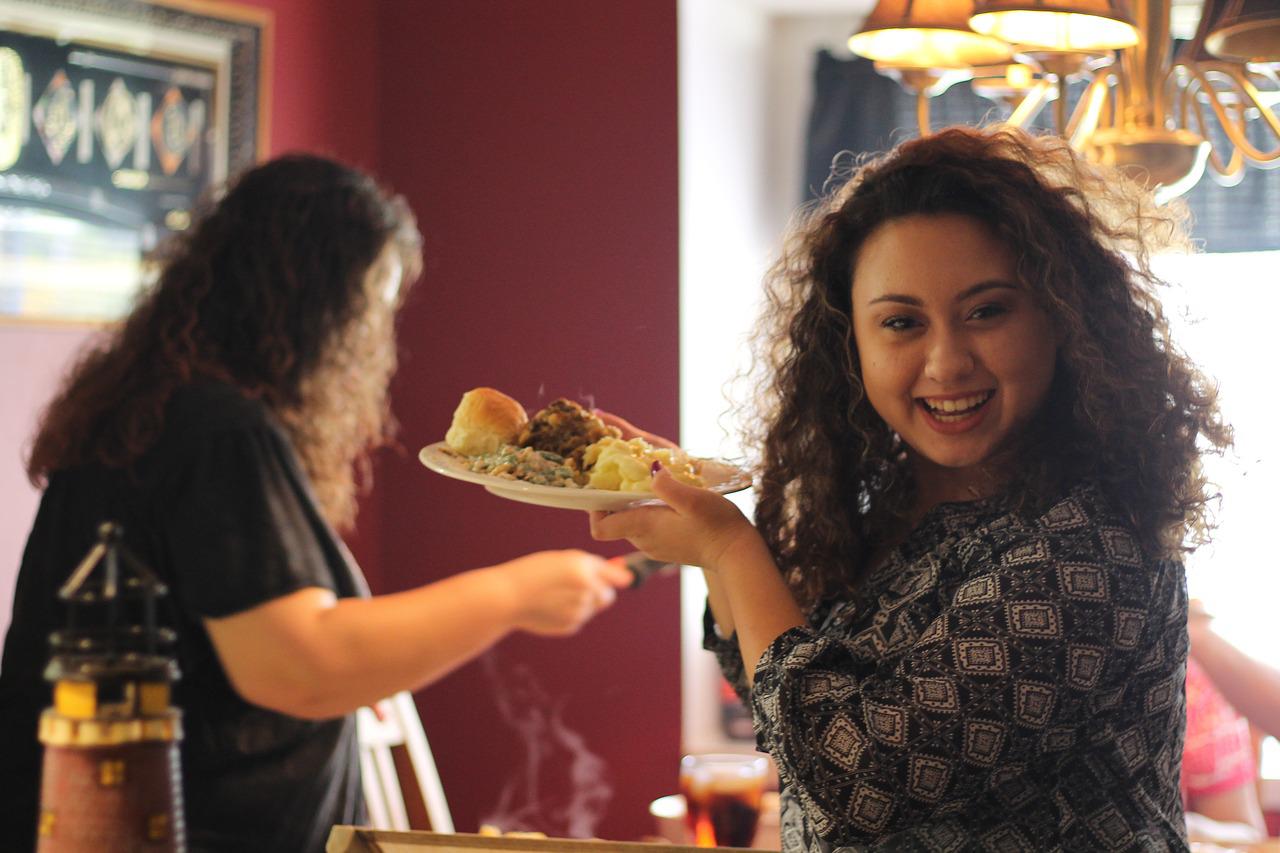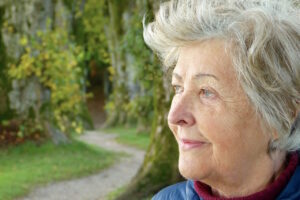Sirach 3: 17-18, 20, 28-29 (RM) or Sirach 10: 12-18 (RCL); Psalm 68 or 112; Hebrews 12: 18-19, 22-24a (RM) or Hebrews 13: 1-8, 15-16 (RCL); Luke 14: 1, 7-14
It looks for all the world like the response to a reader’s question from Judith Martin’s syndicated column “Miss Manners.” And with her gentle sardonic touch as well.
The column headline might have read, “What to do when you’re invited to dinner at a VIP’s home and there are no place cards?”
Jesus’ advice, to take a less prominent place at the table and wait (hope?) for the host to invite you to move up farther, not only makes good sense but could give your ego and prestige quite a boost as well. Just imagine the host calling to you by name and loudly inviting you to move up to first class, as it were, at the head of the table. And everybody’s watching. Totally cool.
So how does this anecdotal advice fit with *Jesus*? What was Luke thinking? That’s in the second part of this Gospel passage.
If the first advice represented common sense and just a bit of calculated self-interest, the second turns it completely upside down. (Typical Jesus!) Telling the host to invite the dregs of society to his finely-appointed and well-laden table? Instead of his family and friends, to say nothing of the higher-ups he wished to impress? Who does *that*? What’s the point of entertaining in style?
The setting was a Sabbath meal, when it was customary to invite guests who were not members of the family, at the home of a prominent Pharisee. Such occasions lent themselves to theological discussion, and it’s not unthinkable that the Pharisee host was setting Jesus up again to be challenged. You can practically see heads nodding when Jesus advises them to let themselves be raised to a visibly higher dignity at a formal dinner. The listeners would have been completely on board.
Then the kicker:
“invite the poor, the crippled, the lame, and the blind. And you will be blessed, because they cannot repay you.”
Now the Pharisees, who lived strictly according to Torah, knew very well about the religious duty to give alms to the poor, but not like this. Between Hebrew and Gentile culture of the time, there’s an under-layer here that’s not apparent on the surface. As Barbara E. Reid O.P. and Shelly Matthews write,
“The practice of going beyond almsgiving to the poor and dining with them is not unique to Jesus’ followers but is also affirmed in the Mishnah: ‘Let your house be wide open and let the poor be the companions in your house’ (m. Abot 1:5). By contrast, poor people at a Greco-Roman banquet were more often the servers, not invited as guests. People who were crippled, lame, and blind at a symposium were often brought in by the host for the after-dinner entertainment. Mocking and deriding people with disabilities gave ‘non-disabled’ elite males assurance of their superior identities.”
In Luke, a meal is never just folks eating together. The wider theological perspective of this story is the image of the wedding banquet at the end of time, the culmination of all things, the eschatological banquet. Those who are invited are not only the poor themselves, but those who share their food and their goods with the poor. And to take it a step further, those who share their dignity with those who are deprived of what makes them full human persons.
One more pertinent point: Reid and Matthews speak of elite males, and yes, we can assume this was a dinner in which the invited guests at the table of discussion and debate were male. They point out,
“For feminists, getting ‘a place at the table’ has become a frequently used metaphor to speak about the necessity for women to be included in the places where important discussions and decisions take place.”
In the succinct words of Shirley Chisholm, who in 1968 became the first Black woman elected to the U.S. Congress, “If they don’t give you a seat at the table, bring a folding chair.”
© Susan K. Roll
Susan Roll retired from the Faculty of Theology at Saint Paul University, Ottawa, in 2018, where she served as Director of the Sophia Research Centre. Her research and publications are centred in the fields of liturgy, sacraments, and feminist theology. She holds a Ph.D. from the Catholic University of Leuven (Louvain), Belgium, and has been involved with international academic societies in liturgy and theology, as well as university chaplaincy, Indigenous ministry and church reform projects.





Thanks for your insight that those who are invited, are “those who are deprived of what makes them full human persons.” There are so many today who suffer such a deprivation. To cite one entire group, women.
From Lisa LaFlamme, to trafficked women, to BIPOC single Mothers, to Roman Catholic women seeking equality. So many hues and colours of women – all crying out for systemic recognition of full personhood. We are invited. Where’s my folding chair!!